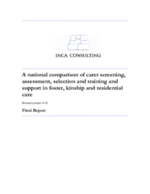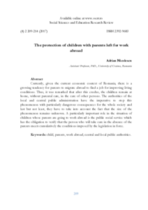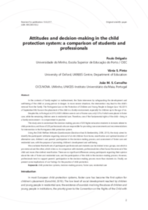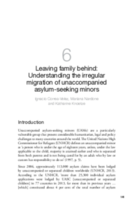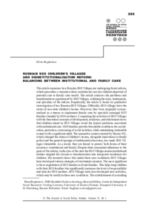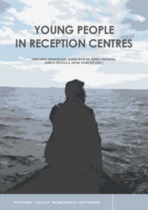Radicalisation: The Last Taboo in Safeguarding and Child Protection? Assessing Practitioner Preparedness in Preventing the Radicalisation of Looked-After Children
This research collected rare and vital primary data by interviewing practitioners within looked-after children’s, residential, and respite services. The study established that practitioners lacked basic awareness of radicalisation and extremism, the Prevent strategy, and the Channel programme.

